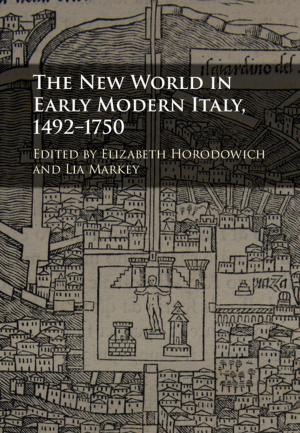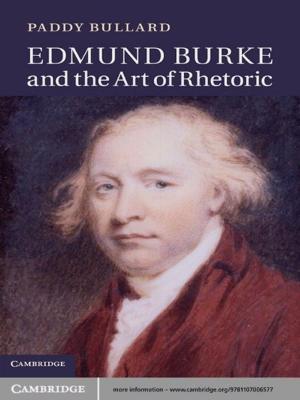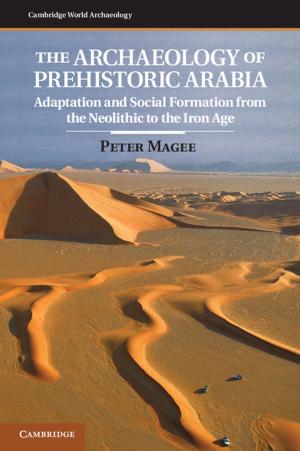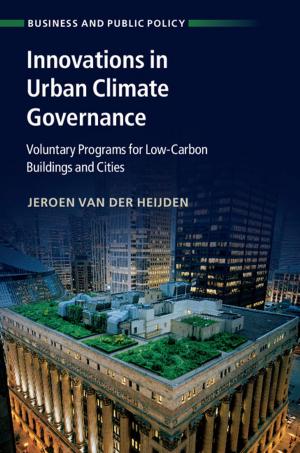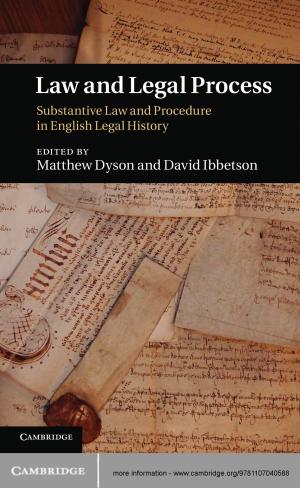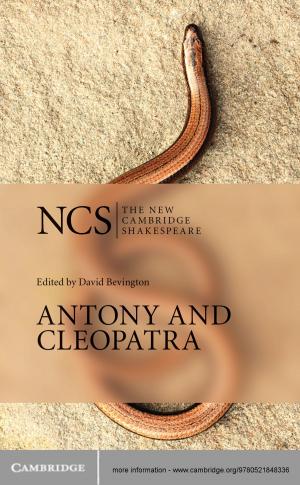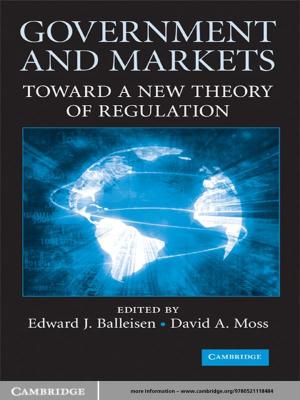The Mechanics of Earthquakes and Faulting
Nonfiction, Science & Nature, Science, Earth Sciences, Geology, Technology| Author: | Christopher H. Scholz | ISBN: | 9781316732298 |
| Publisher: | Cambridge University Press | Publication: | January 3, 2019 |
| Imprint: | Cambridge University Press | Language: | English |
| Author: | Christopher H. Scholz |
| ISBN: | 9781316732298 |
| Publisher: | Cambridge University Press |
| Publication: | January 3, 2019 |
| Imprint: | Cambridge University Press |
| Language: | English |
This essential reference for graduate students and researchers provides a unified treatment of earthquakes and faulting as two aspects of brittle tectonics at different timescales. The intimate connection between the two is manifested in their scaling laws and populations, which evolve from fracture growth and interactions between fractures. The connection between faults and the seismicity generated is governed by the rate and state dependent friction laws - producing distinctive seismic styles of faulting and a gamut of earthquake phenomena including aftershocks, afterslip, earthquake triggering, and slow slip events. The third edition of this classic treatise presents a wealth of new topics and new observations. These include slow earthquake phenomena; friction of phyllosilicates, and at high sliding velocities; fault structures; relative roles of strong and seismogenic versus weak and creeping faults; dynamic triggering of earthquakes; oceanic earthquakes; megathrust earthquakes in subduction zones; deep earthquakes; and new observations of earthquake precursory phenomena.
This essential reference for graduate students and researchers provides a unified treatment of earthquakes and faulting as two aspects of brittle tectonics at different timescales. The intimate connection between the two is manifested in their scaling laws and populations, which evolve from fracture growth and interactions between fractures. The connection between faults and the seismicity generated is governed by the rate and state dependent friction laws - producing distinctive seismic styles of faulting and a gamut of earthquake phenomena including aftershocks, afterslip, earthquake triggering, and slow slip events. The third edition of this classic treatise presents a wealth of new topics and new observations. These include slow earthquake phenomena; friction of phyllosilicates, and at high sliding velocities; fault structures; relative roles of strong and seismogenic versus weak and creeping faults; dynamic triggering of earthquakes; oceanic earthquakes; megathrust earthquakes in subduction zones; deep earthquakes; and new observations of earthquake precursory phenomena.

